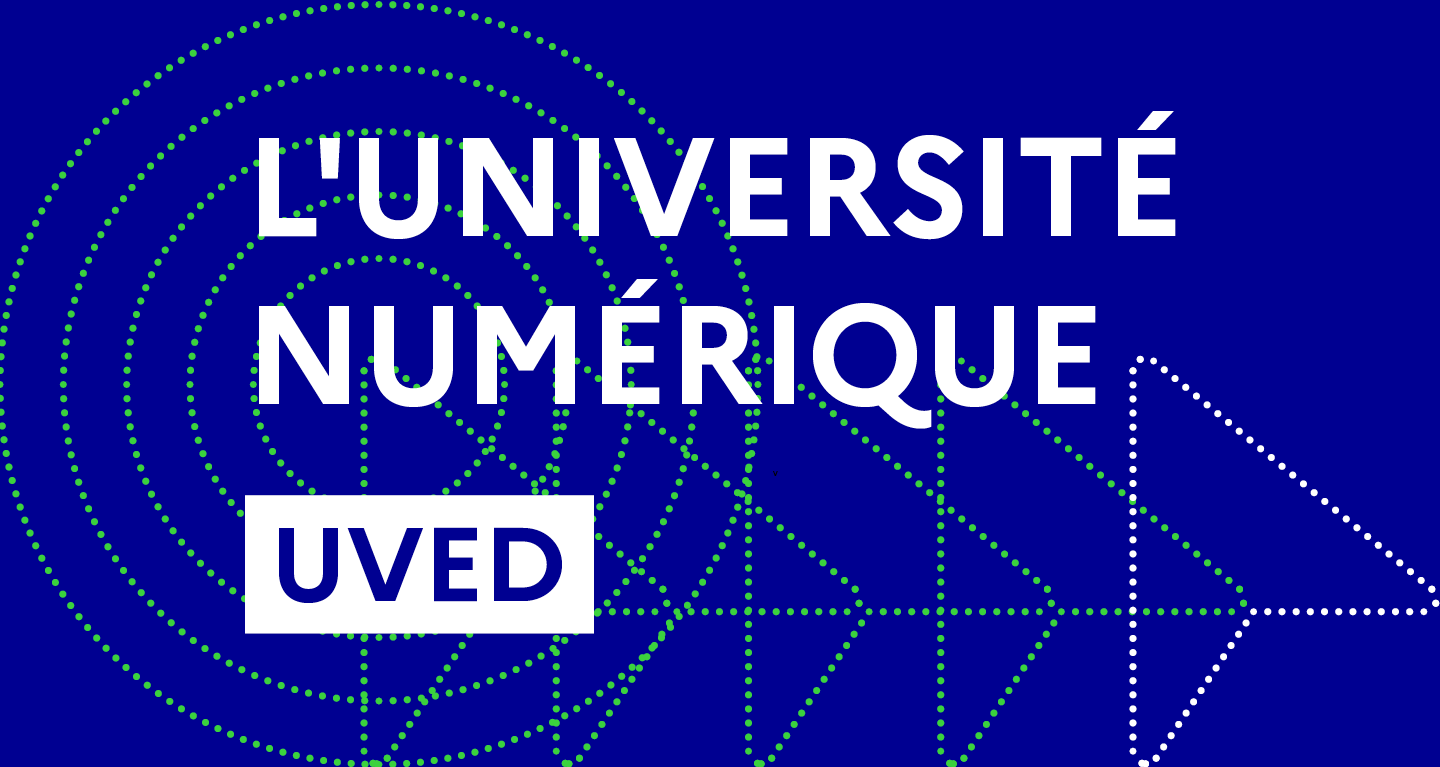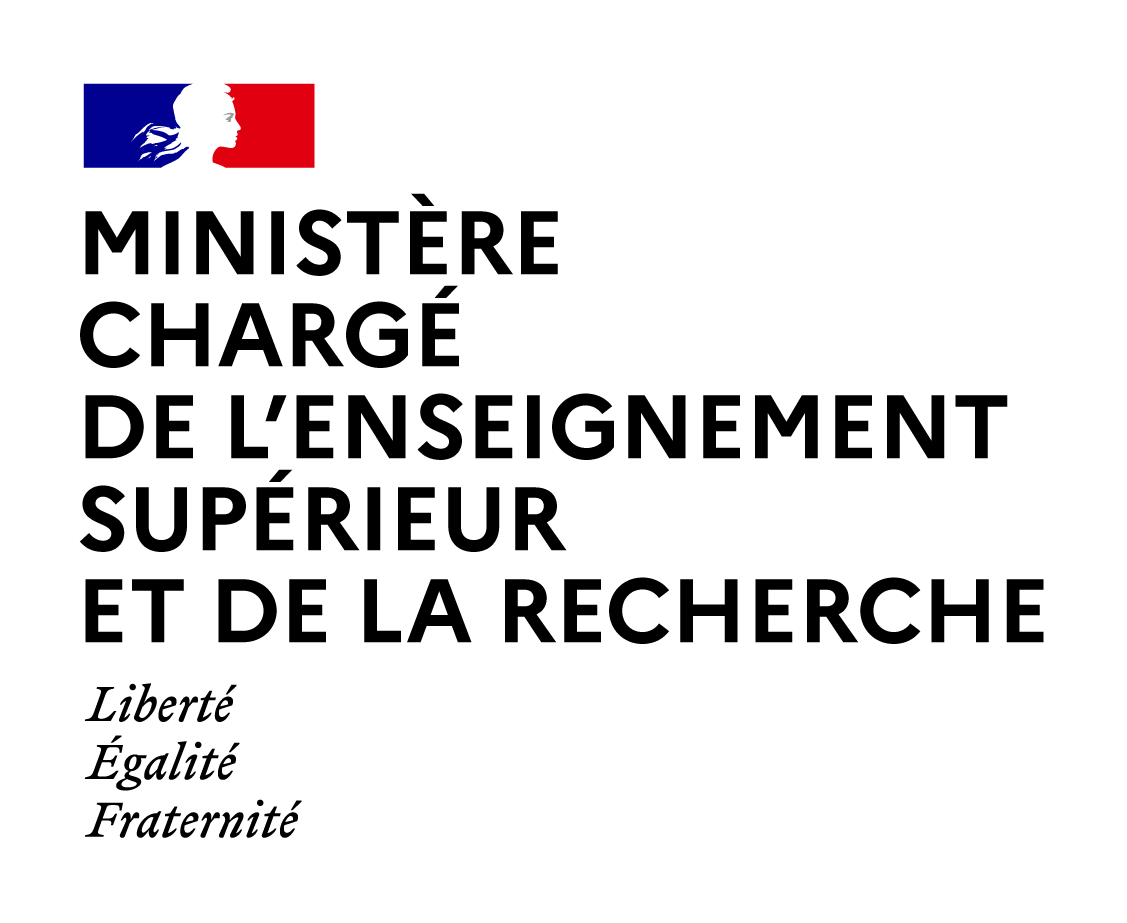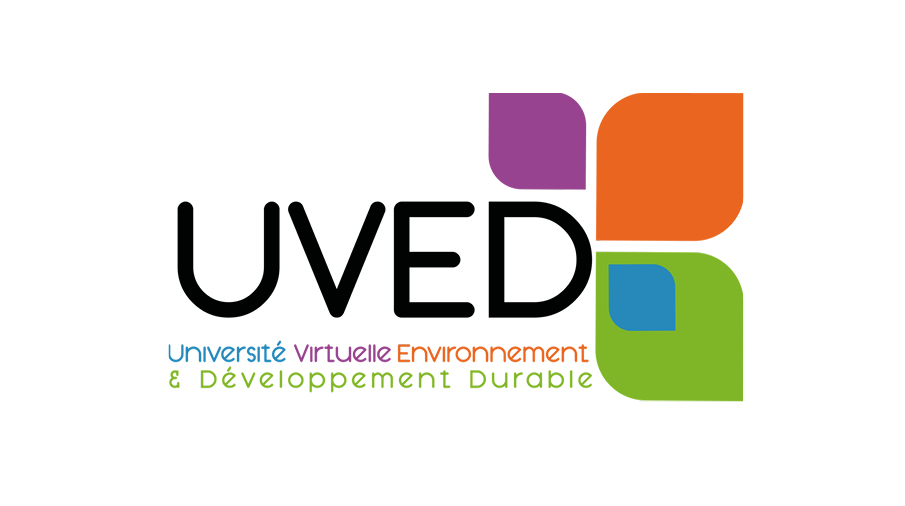
Sommaire
Buck-boost converters design for ultracapacitors and lithium Battery mixing in HEV Applications
This paper presents a careful study related to a more efficient energy management between lithium battery (with rated voltage of 24V) and Ultracapacitors (UC) for Hybrid Electric Vehicle (HEV) applications. This association is due to the present trend in the field, knowing that the major drawback...
Date de création :
06.09.2010Auteur(s) :
Brayima DakyoPrésentation
Informations pratiques
Licence Creative Commons : Attribution, Pas d'utilisation commerciale, Partage dans les mêmes conditions
Description de la ressource
Résumé
This paper presents a careful study related to a more efficient energy management between lithium battery (with rated voltage of 24V) and Ultracapacitors (UC) for Hybrid Electric Vehicle (HEV) applications. This association is due to the present trend in the field, knowing that the major drawback of the HEV is the autonomy problem. Thus, using the Hybrid energy source (such as UC + battery) and with a good energy management improves the HEV performances. In this paper, battery and Ultracapacitors (10 cells of 2.7V in series) are coupled to DC-bus using two buck-boost converters. The main contribution of this paper is focused on DC-bus voltage and currents control strategy based on polynomial (RST) controller. Through some simulations in MATLAB/Simulink software and experimental results, the authors present an improved energy management for HEV. Keywords- Lithium battery; ultracapacitors; polynomial control; hybrid electric vehicle.
- Granularité : grain
- Structure : collection
Intervenants, édition et diffusion
Fiche technique
- LOMv1.0
- LOMFRv1.0
- SupLOMFRv1.0
- Voir la fiche XML





